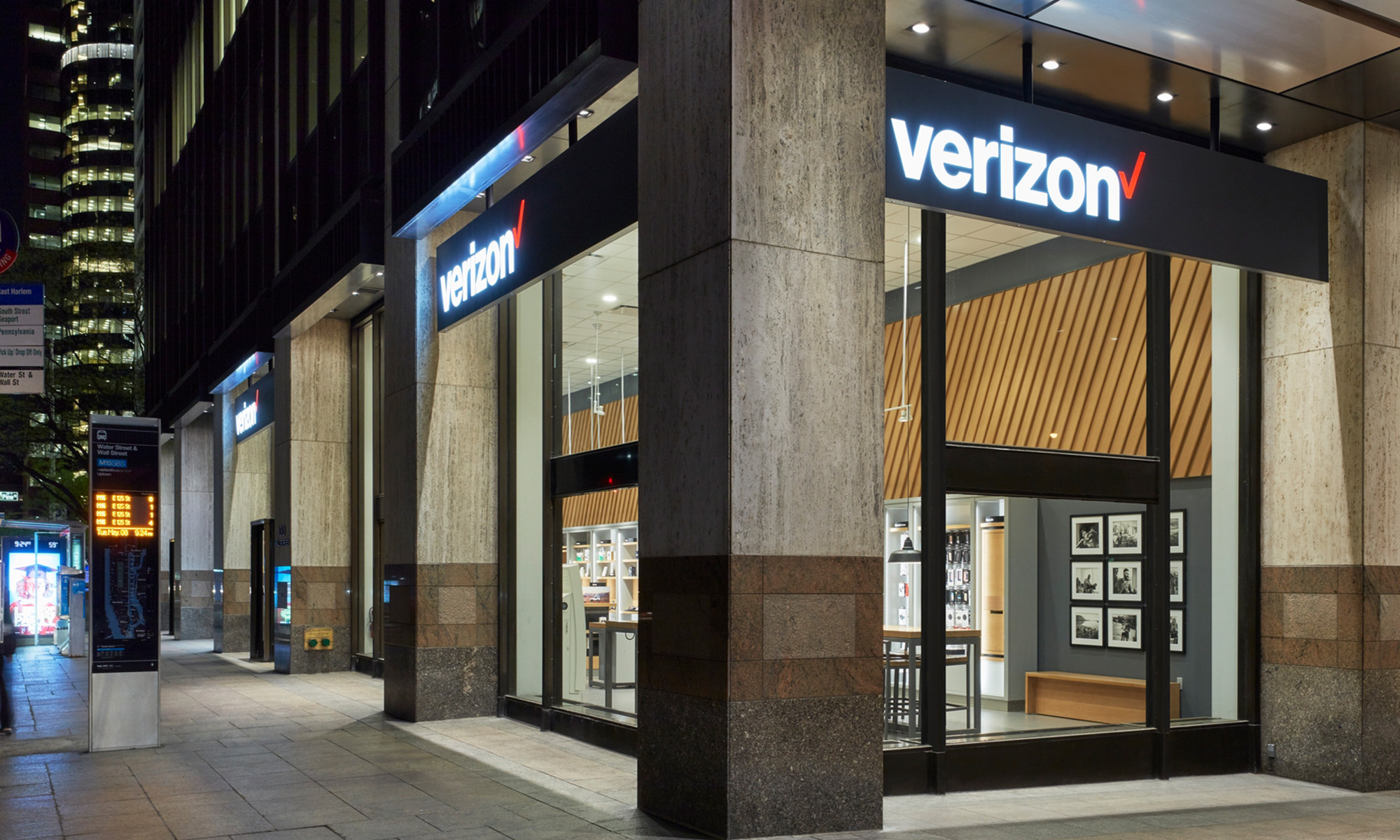Investing in high-yielding dividend stocks can result in significant dividend income for your portfolio. But higher yields also tend to mean higher risk, and dividends are never guaranteed. A company that's struggling may end up having to cut or suspend a high payout as it works to improve its financial situation. That's why it's important to find dividend stocks that offer high yields, but also have strong earnings capable of supporting their payouts for the foreseeable future.
Three quality stocks that generate a lot of dividend income you may want to consider are Verizon Communications (VZ +2.08%), Bristol Myers Squibb (BMY +1.97%), and Pembina Pipeline (PBA +1.43%). An investment of $12,000 into each of these stocks will yield roughly $2,100 per year in dividends.

Image source: Getty Images.
Verizon Communications
Telecom giant Verizon offers a very high yield of 6.3%, which is more than five times the S&P 500 average of 1.2%. If you invest $12,000 into the stock, you could expect to collect $756 per year in dividends.
That's a terrific source of cash flow for your portfolio. The obvious question, however, is whether the payout is safe. And the good news is that there aren't any alarm bells to suggest it's in trouble. Investors have not been excited about Verizon's stock because the business is only generating modest growth; this year, Verizon projects its wireless service revenue to rise between 2% and 2.8%. But what's important is that its adjusted earnings figures are also expected to rise in single digits, suggesting that the company can sustain its current level of dividends -- Verizon's payout ratio is quite manageable at around 60%.

NYSE: VZ
Key Data Points
Verizon may not be a flashy growth stock, but it can be counted on for reliable dividend payments. Year to date, the stock price is up around 8% and it trades at just 10 times its trailing earnings. For dividend investors, this can be a great stock to buy and hold.
Bristol Myers Squibb
You can also get a solid dividend from healthcare company Bristol Myers Squibb, which is yielding 5.4%. That's not as high as Verizon's payout but it's still impressive nonetheless. A $12,000 investment into the healthcare stock would put you on track to generate about $648 in annual dividends.
Investors may worry about Bristol Myers because its payout ratio is around 100% at the moment, but that can happen due to non-recurring expenses and one-time charges, which the company has experienced. This is where free cash flow can be a more useful metric to look at. And over the past 12 months, the company's free cash has totaled $14.6 billion -- far higher than the roughly $5 billion it has paid in dividends over that period. One caveat: if the payout ratio based on earnings were to remain at, near, or above 100% for several quarters in a row, that would be a cause for concern.

NYSE: BMY
Key Data Points
The drugmaker is battling with losses in exclusivity for some of its top products, but through the first six months of the year, its sales were still relatively stable, totaling $23.5 billion, down just 2% year over year. The company has been investing in new drugs and its growth portfolio generated sales growth of 18% in the most recent quarter, which ended in June.
Although the stock is down close to 20% this year, investors may be overly concerned about the business, as it's still focused on long-term growth. Bristol Myers is a dirt-cheap buy, trading at only 7 times its estimated future earnings, based on analyst expectations.
Pembina Pipeline
With a yield of 5.8%, you can collect another terrific dividend payment from Pembina Pipeline. With $12,000 invested in this stock, your annual dividend income would come in at around $696. Combined, that means your dividend income from all the stocks on this list, assuming you invest $12,000 into each of them, would total approximately $2,100 per year.

NYSE: PBA
Key Data Points
With Pembina, you're investing in a leading energy company whose pipelines play a crucial role in connecting the oil and gas industry in North America. It can be volatile investing in oil and gas stocks due to fluctuating commodity prices, but Pembina relies on long-term contracts for its growth, which can provide investors with some excellent stability. In the trailing 12 months, the Canadian-based company has reported free cash flow totaling 2.6 billion Canadian dollars, which is comfortably above the CA$1.8 billion it paid in dividends over that stretch.
Investors can feel safe relying on Pembina's dividend. The stock has declined by 2% this year but has been relatively steady overall, and it trades at a modest 17 times its trailing earnings, making it another potentially attractive option for dividend investors.





